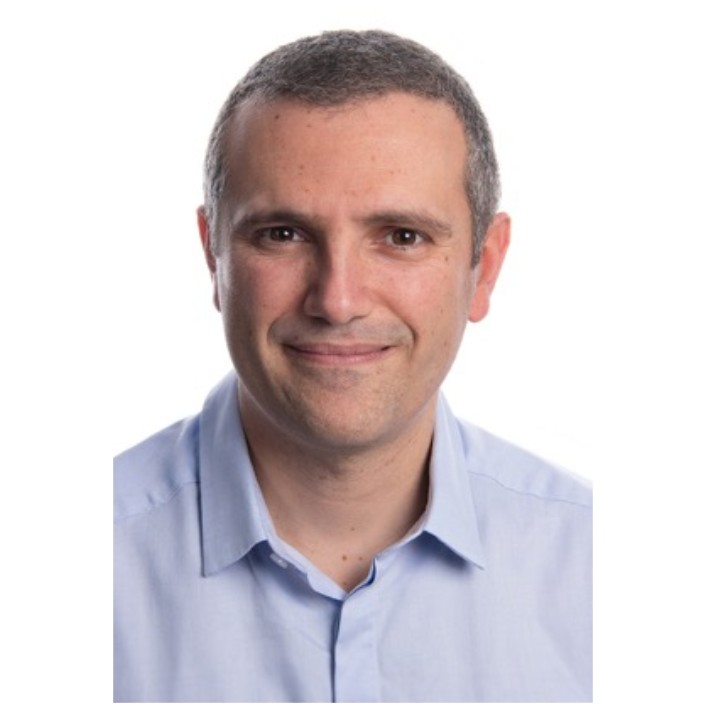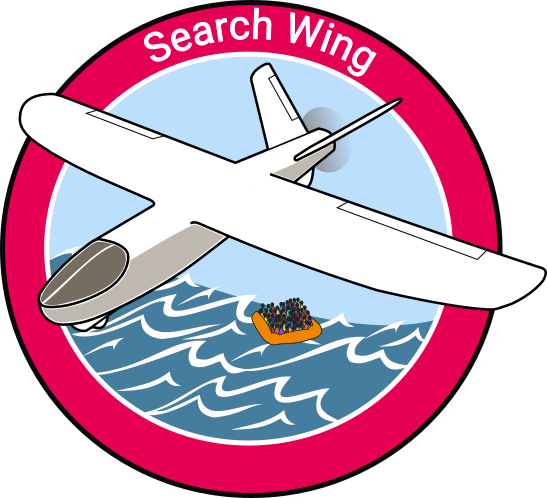 |
Satellite-based marine litter detection
Devis Tuia, Assoc. Prof. from EPFL
Marine Litter is a growing ecologic concern that needs to be addressed at a global scale.
While satellite and meteorological data is abundant, few advances have been made toward continuously
monitoring marine litter aggregated in floating patches on the oceans.
In our research, we study how we can leverage high resolution satellite
data (Sentinel 2 typically) to detect macro plastics floating on coastal waters.
We focus on the problem of semantically segmenting such patches of
litter, as well as to the problems of scarce and uncertain labels.
|
 |
Underwater computer vision challenges
Kevin Köser, Senior researcher at GEOMAR
Key challenges we have underwater are refraction (at underwater housings), as well as attenuation and scattering of light, in particular for light-equipped robots in deeper waters.
In the presentation I will tell what we do about these challenges and show sample applications of mining impact assessment for deep sea polymetallic nodules fields, free ocean gas (bubble stream) characeterization or mapping shallow water munition dump sites in the Baltic Sea.
See also https://www.geomar.de/en/omv for some impressions.
|
 |
UAV based object detection for maritime Search-And-Rescue missions
Julian Dorner, Researcher at SearchWing
Worldwide an increasing number of people are on the move and get into distress on the open sea. To help rescue these people, aerial observations are a key asset for observing the huge area of operation. We develop and build low-cost unmanned fixed wing aerial vehicles and enable non-governmental organizations to operate them in their rescue operations. To be able to analyze the huge amount of images generated by such a live system, an automated processing pipeline is needed, as a pure human-based analysis is not reliable enough. We try to solve this by using machine learning based object detection, projection and tracking to filter the most likely position for an emergency at sea.
|